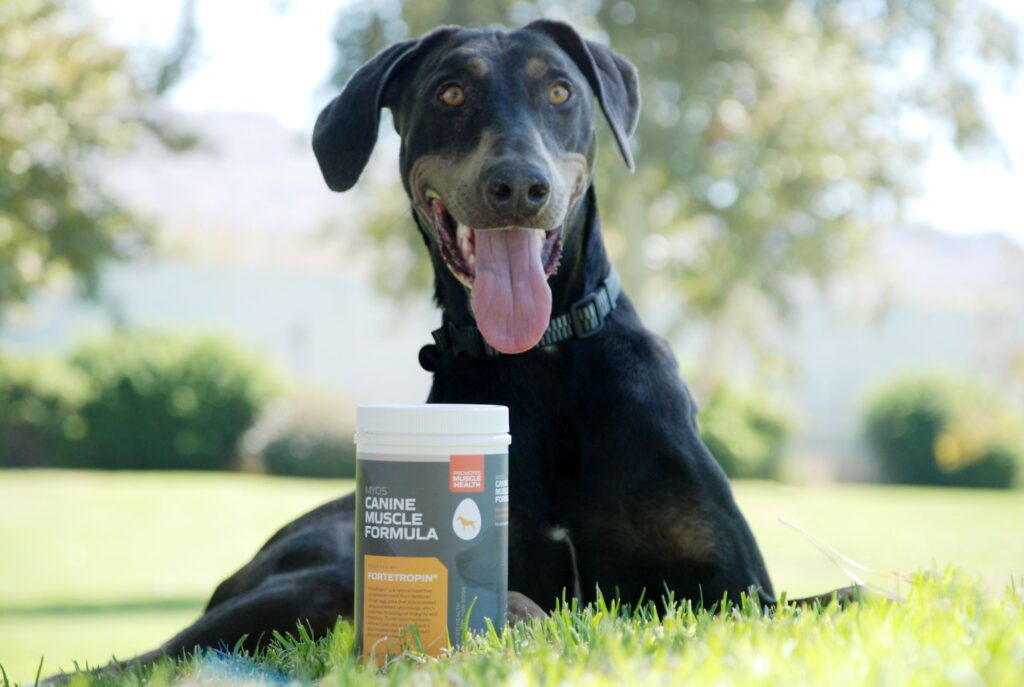Advice from Dr. Albert Ahn
If you are like most pet owners, you consider your furry friend to be a member of the family. So, it’s no surprise that when it comes to their health, you want them to have the best possible care. But according to recent statistics, many pets are overweight or obese – and that can have serious consequences for their health. Obesity has been shown to increase the risk of conditions such as diabetes, pancreatitis, and osteoarthritis. In this blog post, we’ll take a closer look at the pet obesity epidemic and what you can do to help your pet stay healthy and fit.
Regular Visits to Your Vet
The first step in helping your pet maintain a healthy weight is to schedule regular visits with your vet. They can help you determine a healthy weight and an action plant to help your dog or cat reach their goal. This may include a plan that includes diet, exercise, and medication depending on your pet’s overall health.
If you’re struggling to figure out what’s causing your dog’s excessive weight gain, it could be an underlying medical condition. Some common diseases associated with being overweight include hypothyroidism and hyperadrenocorticism (Cushing’s syndrome). Your vet can ensure these are ruled out before starting any diet plan that may lead them away from their current levels of obesity!

Managing Calories
If you want to help your obese dog shed the extra pounds, it’s important to work with your vet to determine their ideal weight. Once this has been established your pet should be fed accordingly with a target in mind. The more closely we stick close by our own nutritional needs and habits as well as those of our pets – whether bird or animal-the better chance there is for long-term success!

Exercise
One of the best ways to help your dog lose weight is by getting him out in the fresh air and exercising. A walk, run, or swim will do wonders for his health while also making you feel better too! It’s important that we don’t overdo it with our furry friends as they may have medical conditions so monitor how much time he spends outside until things are more stable (and stay hydrated).
Once again, your vet can help make recommendations on what type of activity may best benefit your furry friend. From longer walks to agility courses to hydrotherapy, there are many options at various levels of intensity that are available to help your dog shed pounds to a healthy weight.
Supplementation for Joint & Muscle Health
Your pet’s weight can cause increased stress on their joints and contribute to cartilage breakdown which leads to arthritis or back pain. Signs may include difficulty lying down, limping, and muscle wasting. While the primary focus will be on getting your dog or cat to a healthy weight, there are several supplements that could benefit their mobility.
Supplements that include glucosamine, green-lipped mussel, and chondroitin may support the structure and function of their bodies.

Clinical research has shown that adding Fortetropin® to your dog or cat’s supplement regimen can help reduce muscle loss and even help increase lean muscle mass. This can help with increased mobility and vitality.
Obesity in pets is a serious problem that can lead to health complications, including diabetes and joint problems. Fortunately, there are many ways to work with your vet to help keep your pet healthy and at a healthy weight. Whether you need to make changes to your pet’s diet or increase their exercise, working together with your vet is the best way to ensure success.
Special thanks to Dr. Albert Ahn, Veterinary Advisor, MYOS Pet
Albert Ahn, DVM has joined MYOS as a Strategic Adviser to guide the development and expansion of its animal health business of Fortetropin-based canine muscle health formulas.
You can learn more about him and MYOS supplements below.





